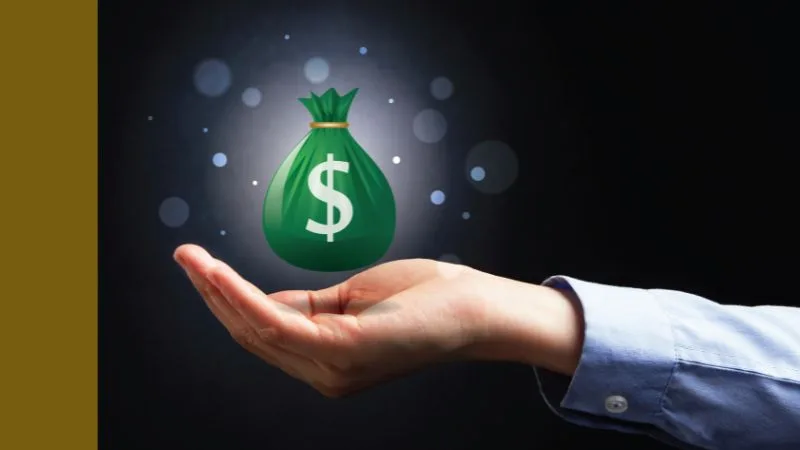The Australian sharemarket, commonly benchmarked by the S&P/ASX 200 (ASX: XJO), fell 2.3% on Tuesday morning.
The sell-off, which news.com.au called a “coronavirus ‘bloodbath'” (see below), follows a sell-off of both US and European shares yesterday/overnight.

Doomsayers make more money and get more clicks to their website because they prey on our monkey brains.
It’s what Daniel Kahneman would call our ‘first-level thinking’.
It’s what the brilliant Hans Rosling called our “fear instinct” (read his book, Factfulness, it’s probably the most profound I’ve ever read).
But… the Coronavirus
It is tragic — and scary — to think people are getting sick (and dying!) from a virus.
However, I believe the financial media is doing you and me a great disservice by suggesting Coronavirus is solely to blame for bad things happening around us in financial markets.
Sure, travel plans will be cut. And companies will report lower profits and put it on the virus.
However, the reality is this: according to Fool.com, who source their data from Deutsche Bank analysts, the stockmarket goes through a correction (i.e. 10% fall) on average once every 357 days.
Longer-term, academic studies tell us the average time between two proper market crashes (20% or more, before a recovery) is somewhere between 4 and 10 years. And let’s not forget that by definition we’re getting closer to the next one than the last one.
You can distill it down to some basic rules (like dollar cost averaging by saving and investing regularly), or just accept that uncertainty and fear are part of life and investing. If you can’t accept that, consider outsourcing your financial decision making.










